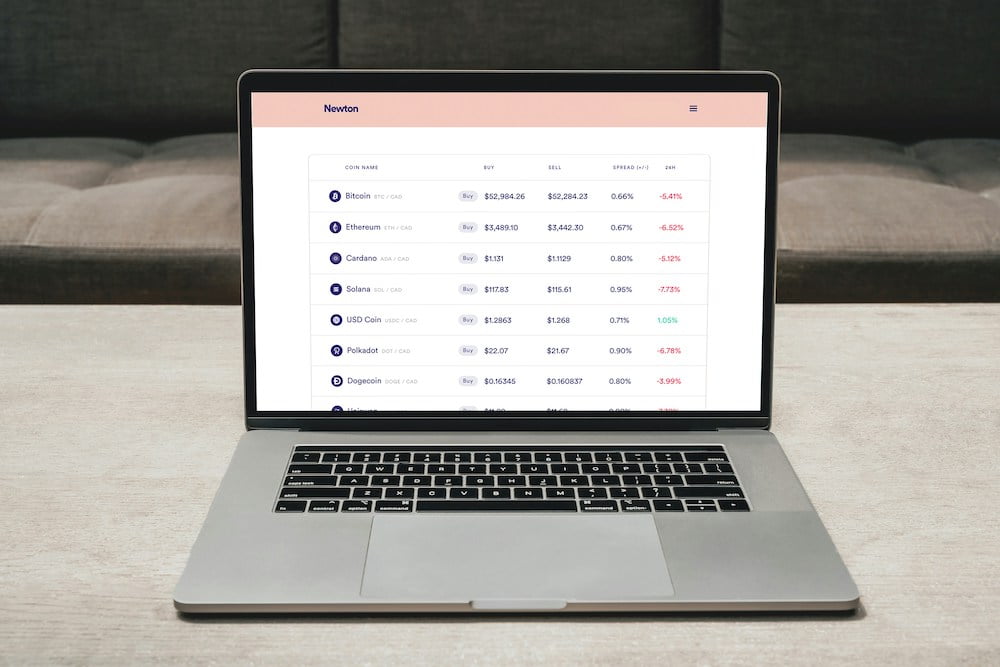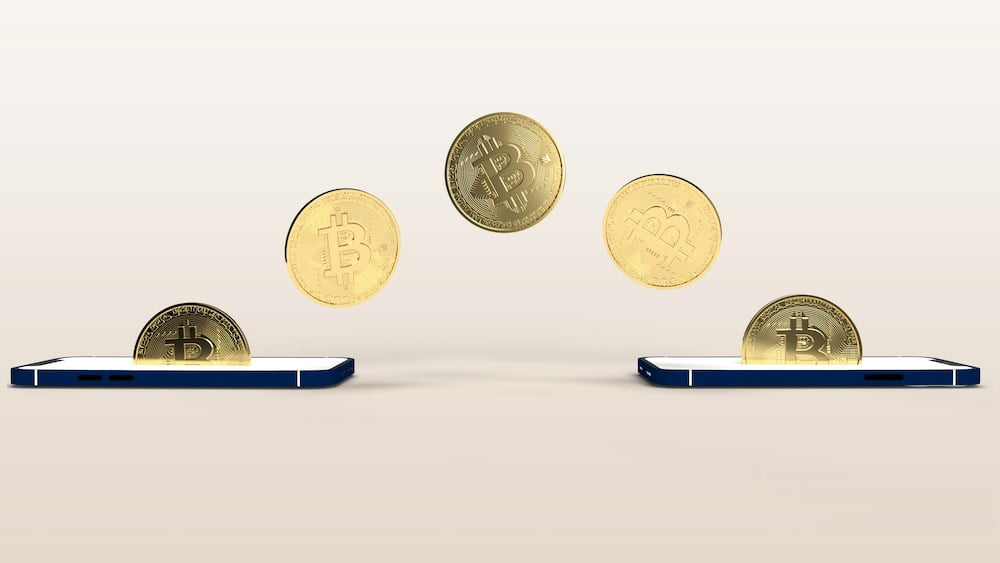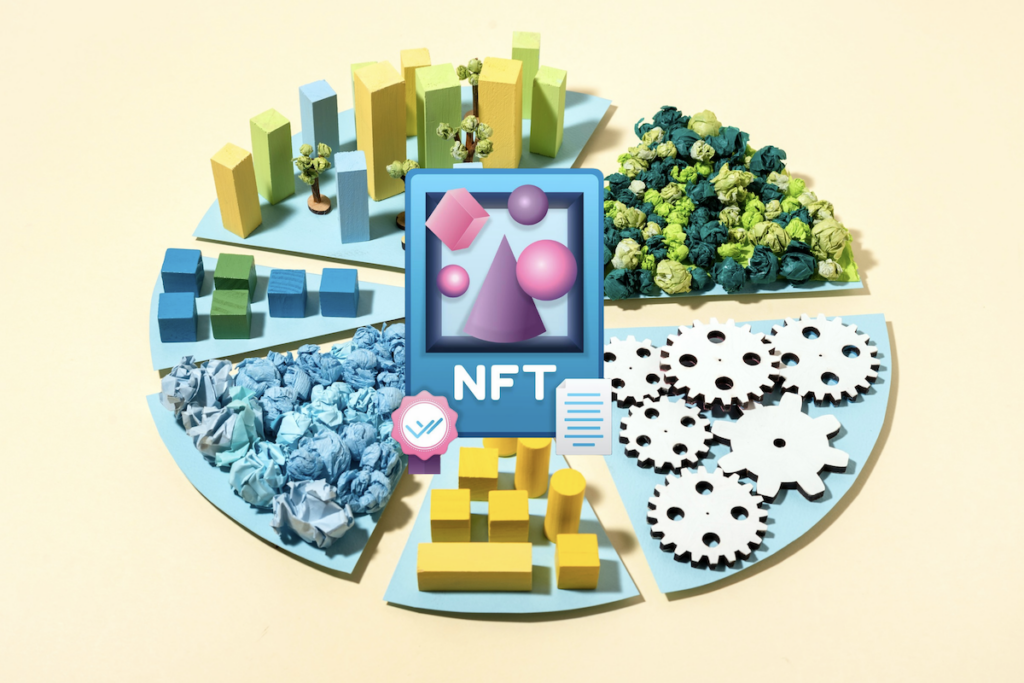While traditional banking relies on established systems and intermediaries, non-fungible tokens (NFTs) introduce a disruptive potential that could redefine how you manage assets. You might wonder how a digital token can shift the balance of power in finance. As you explore this intersection, consider the implications for ownership, transparency, and efficiency in your transactions.
What challenges might accompany this innovation, and how could they impact your financial decisions? The answers may reshape your understanding of banking as you know it.
Understanding NFTs and Their Basics
As unique digital assets on the blockchain, NFTs have distinguishing characteristics that make them stand out from one another. To avoid the need for middlemen, they operate by using smart contracts to authenticate ownership and enable direct user transactions.
Let’s explain this better.
Imagine owning a digital asset that’s unique and verifiable, much like a physical collectible. NFTs, or non-fungible tokens, work on blockchain technology, which allows them to exist as distinct items in the digital world.
Each NFT has a unique identifier, making it impossible to duplicate, unlike cryptocurrencies that can be exchanged for one another. Essentially, you are purchasing a blockchain-recorded digital certificate of ownership when you buy an NFT. Because transactions are public and unchangeable, this guarantees security and transparency.
The decentralized nature of NFTs allows you to interact directly with creators and represent a variety of digital content types, including music and art. This helps you feel like a part of the rapidly changing digital community.
The Potential of NFTs in the Banking Sector
There’s a growing buzz around how NFTs can reshape the banking sector. By tokenizing assets, NFTs allow for easier and faster transactions, which can enhance the efficiency of cross-border payments.
See yourself as the owner of a digital asset that simplifies the management and transfer of your real estate or financial investments. Since every transaction is documented on the blockchain, preventing fraud, the decentralized structure of NFTs also encourages security and transparency.
Banks can also streamline processes through smart contracts, reducing the need for intermediaries. As you explore these innovations, you’ll find that NFTs not only create new opportunities for ownership but also foster a sense of belonging in a digital financial community, connecting users and institutions in unprecedented ways.
Challenges and Considerations
Potential users face a number of obstacles and issues when dealing with the world of NFT banking.
First, the technology is still in its infancy, leading to security and scalability issues that can complicate your experience. If you’re not familiar with blockchain, you might find platforms difficult to navigate, which could hinder your engagement.
Also, the high fees associated with NFT transactions can deter you from participating, making it crucial to understand the fee structures before diving in. Ongoing advancements in the sector may resolve some of these barriers, but staying informed is essential.

Source: Unsplash
How Locanto Can Help
With the rise of NFTs and new financial trends, having the right support is key. Locanto’s Accounting, Financing, and Banking category is perfect for finding job opportunities in these areas.
Whether you’re a finance expert or interested in digital assets like NFTs, Locanto is the place to find the right finance job to match your career goals. Take advantage of Locanto’s features to search for jobs by location, set up alerts for new opportunities, and keep up with the latest finance trends.
The Future of NFTs in Banking
The future of NFTs in this sector looks promising, as they can streamline transactions, enhance security, and provide transparency. Banks may increasingly adopt NFTs to represent both tangible and intangible assets, enabling seamless peer-to-peer transfers.
Other than that, the integration of smart contracts could automate processes, reducing costs and time. As technology advances, potential issues like security and scalability might be resolved, making NFT banking more accessible.

Source: Unsplash
Accepting the Digital Revolution in Banking
So, yes! NFTs have the potential to transform banking by simplifying asset management and enhancing transaction efficiency. As these digital tokens bridge the gap between users and financial institutions, they create a more transparent and direct system.
While there are still challenges to overcome, as NFTs become more common, they could make managing and owning assets easier. This means banking could become more accessible for everyone.
Stay ahead of the curve—check out Locanto to find job opportunities that can help you grow in this changing field and use the rise of NFTs to bolster your career.
Main Image Source: Unsplash
Author
-

The views and opinions expressed in this guest post are solely those of the author, and do not necessarily reflect the official policy or position of NFT News Today.




